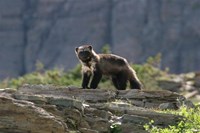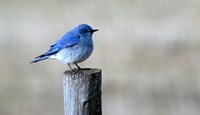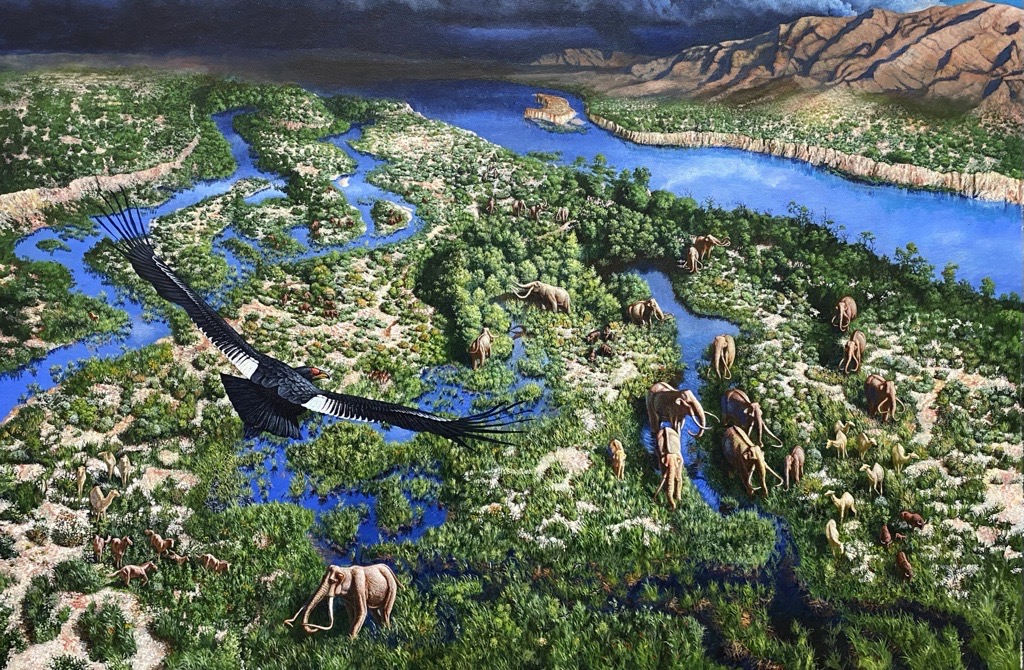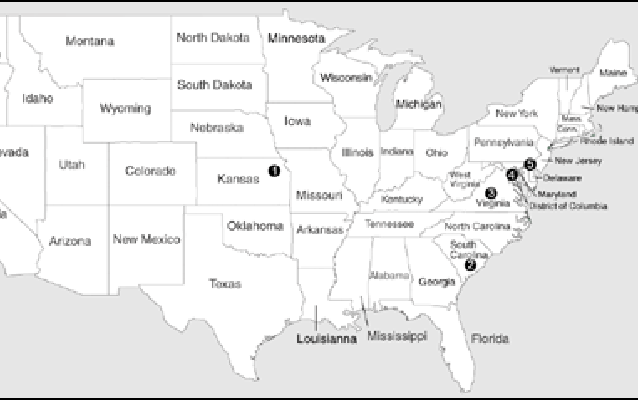- Lesson Plan (281)
- Distance Learning (116)
- Field Trips (95)
- Student Activities (78)
- Other Education Materials (70)
- Guest Speakers (54)
- Teacher Reference Materials (38)
- Traveling Trunk (13)
- Field Schools & Institutes (8)
- Teacher Workshops & Other Programs (6)
- Primary Sources (5)
- Online Galleries (4)
- Media for Loan (3)
- Science Labs (3)
- Teacher-Ranger-Teacher (2)
- Acadia National Park (88)
- Glacier National Park (20)
- Charles Young Buffalo Soldiers National Monument (19)
- Mount Rushmore National Memorial (19)
- Grant-Kohrs Ranch National Historic Site (17)
- Devils Postpile National Monument (15)
- Women's Rights National Historical Park (15)
- Wright Brothers National Memorial (14)
- Cuyahoga Valley National Park (11)
- Show More ...
- Social Studies (399)
- Science (334)
- Literacy and Language Arts (181)
- Math (71)
- Upper Elementary: Third Grade through Fifth Grade (297)
- Middle School: Sixth Grade through Eighth Grade (185)
- Lower Elementary: Pre-Kindergarten through Second Grade (89)
- High School: Ninth Grade through Twelfth Grade (88)
- Adult Education (26)
- Graduate Level (Masters (2)
- PhD) (2)
- College Undergraduate Level (1)
Showing 688 results for climate change education ...
Climate Change Kit
- Type: Traveling Trunk
- Grade Levels: Upper Elementary: Third Grade through Fifth Grade
Wolverines and Climate Change
- Type: Lesson Plan
- Grade Levels: Upper Elementary: Third Grade through Fifth Grade
Students will demonstrate an understanding of specific adaptations that have prepared the pika and wolverine to survive in cool climates with harsh winter conditions. Students will additionally demonstrate an understanding of timescales and evolution, and how due to the increased speed of global temperature rise, climate change can have negative effects on these mammals despite their ability to adapt.
Exploring Climate Science: Climate Change
- Type: Lesson Plan
- Grade Levels: Upper Elementary: Third Grade through Fifth Grade
Climate Change: A Warming Planet
- Type: Lesson Plan
- Grade Levels: Middle School: Sixth Grade through Eighth Grade
Our world is always changing. Look out your window long enough and you might see the weather change. Look even longer, and you'll see the seasons change. The Earth's climate is changing, too, but in ways that you can't easily see. Round-n-round the Earth goes, where change may happen nobody knows! This program will help students understand the changes occurring in the Earth’s climate, its impact on local ecosystems and help them discover ways to help.
Climate Change Scavenger Hunt
- Type: Lesson Plan
- Grade Levels: Upper Elementary: Third Grade through Fifth Grade
Climate Change & Bird Range
- Type: Lesson Plan
- Grade Levels: High School: Ninth Grade through Twelfth Grade
Tule Springs Expedition Research Learning Center partners with our local Audubon Society Chapter to participate in the Climate Watch bird survey citizen science project. Citizen scientists across North America report the data they collected during these surveys to help document how bird species are responding to climate change and shifting their ranges. This activity explores how different climate change scenarios may affect bird populations locally. Author: Jake Johnson & Lauren Parry
Climate Change at Sleeping Bear Dunes
Climate Change: Past, Present, and Future
Climate Change and Dog Sledding in Denali
- Type: Lesson Plan
- Grade Levels: Middle School: Sixth Grade through Eighth Grade
Sea Level Rise: Climate Change
- Type: Lesson Plan
- Grade Levels: Upper Elementary: Third Grade through Fifth Grade
1. Show what happens to sea level when ice sheets melt. 2. Show what happens to sea level when icebergs melt. 3. Connect sea level changes in Miami to icesheets melting. 4. Explain that sea level changes are caused by melting/freezing of ice sheets in Antarctica/Greenland. 5. Show that communities in Florida will be affected by sea level rise. 6. Realize that South Florida has been under water many times in the geologic past. 7. Discuss ways communities can mitigate/adapt to sea level rise.
Investigating Bird Migration and Climate Change
Climate Change in Vermont: Measuring Predicted Impacts
- Type: Lesson Plan
- Grade Levels: High School: Ninth Grade through Twelfth Grade
In the "Emerging Science" episode (VT Public Television) “Climate Change: A Northeast Primer,” students are introduced to present-day and potential future impacts of climate change on Vermont. Through these activities, students plan ways to measure climate change, explore climate change data, and use phenology to detect a species’ response to climate change.
Considering Climate Change: Fire Island and Storms
- Type: Science Labs
- Grade Levels: High School: Ninth Grade through Twelfth Grade
This science lab explores the impacts of Hurricane Sandy - the history-making 2012 storm - on the natural resources of Fire Island, and challenges students to consider the effects of climate change that are likely to occur close to home. It is an inquiry-based lab with pre-labs, activities, and homework designed to increase understanding of climate change.
"The Carbon Budget" Climate Change: 4-6th Grade
- Type: Lesson Plan
- Grade Levels: Upper Elementary: Third Grade through Fifth Grade
Students use math, visual and auditory techniques to demonstrate that the amount of carbon being added to the atmosphere by humans is more than what the planet is removing. This activity can use different learning styles to demonstrate the 2008 global carbon budget. Show that the imbalance of a yearly extra four billion tons of carbon dioxide in the atmosphere is the fundamental cause of climate change.
"Greenhouse Gasses" Climate Change: 4-6th Grade
- Type: Lesson Plan
- Grade Levels: Upper Elementary: Third Grade through Fifth Grade
"Sea Level Rise" Climate Change: 4-6 Grade
Brown v. Board of Education: Five Communities That Changed America
- Type: Teacher Reference Materials
- Grade Levels: Middle School: Sixth Grade through Eighth Grade
This lesson is based on the National Historic Landmark Nominations, "Robert Russa Moton High School" (with photographs), "Sumner and Monroe Elementary Schools" (with photographs), "Howard High School" (with photographs),and "John Philip Sousa Middle School" (with photographs), as well as the National Register Nomination for "Summerton High School," and the National Historic Landmark Survey theme study entitled Racial Desegregation in Public Education in the United States.
6th-8th Grade | Shenandoah Salamander: Climate Change Casualty or Survivor?
- Type: Field Trips
- Grade Levels: Middle School: Sixth Grade through Eighth Grade
The Shenandoah salamander is an endangered species found only on a few rocky slopes within Shenandoah National Park. Its survival is being threatened by changing climate and habitat competition from the more common red-backed salamander. Students will conduct field research on the red-backed salamander to compare the two salamander species’ habitat requirements and determine how climate change and habitat competition are impacting the survival.
Virtual: Grades 6-8: Tracking Acadia’s Seasons – Climate Change & Phenology
- Type: Distance Learning
- Grade Levels: Middle School: Sixth Grade through Eighth Grade
Students will learn about phenology and why it’s important in helping us understand interrelationships of organisms. We will explore seasonal/cyclic changes of plants and animals and the impacts related to climate change while gaining exposure to the concept of citizen science. (45 minutes)
9th-12th Grade | Exploring Earth Science: The Shenandoah Salamander and Climate Change
- Type: Field Trips
- Grade Levels: High School: Ninth Grade through Twelfth Grade
The Shenandoah salamander is an endangered species found only on a few rocky slopes within Shenandoah National Park. Its survival is being threatened by changing climate and habitat competition from the more common red-backed salamander. Students will conduct field research on the red-backed salamander to compare the two salamander species’ habitat requirements and determine how climate change and habitat competition are impacting the survival.



















